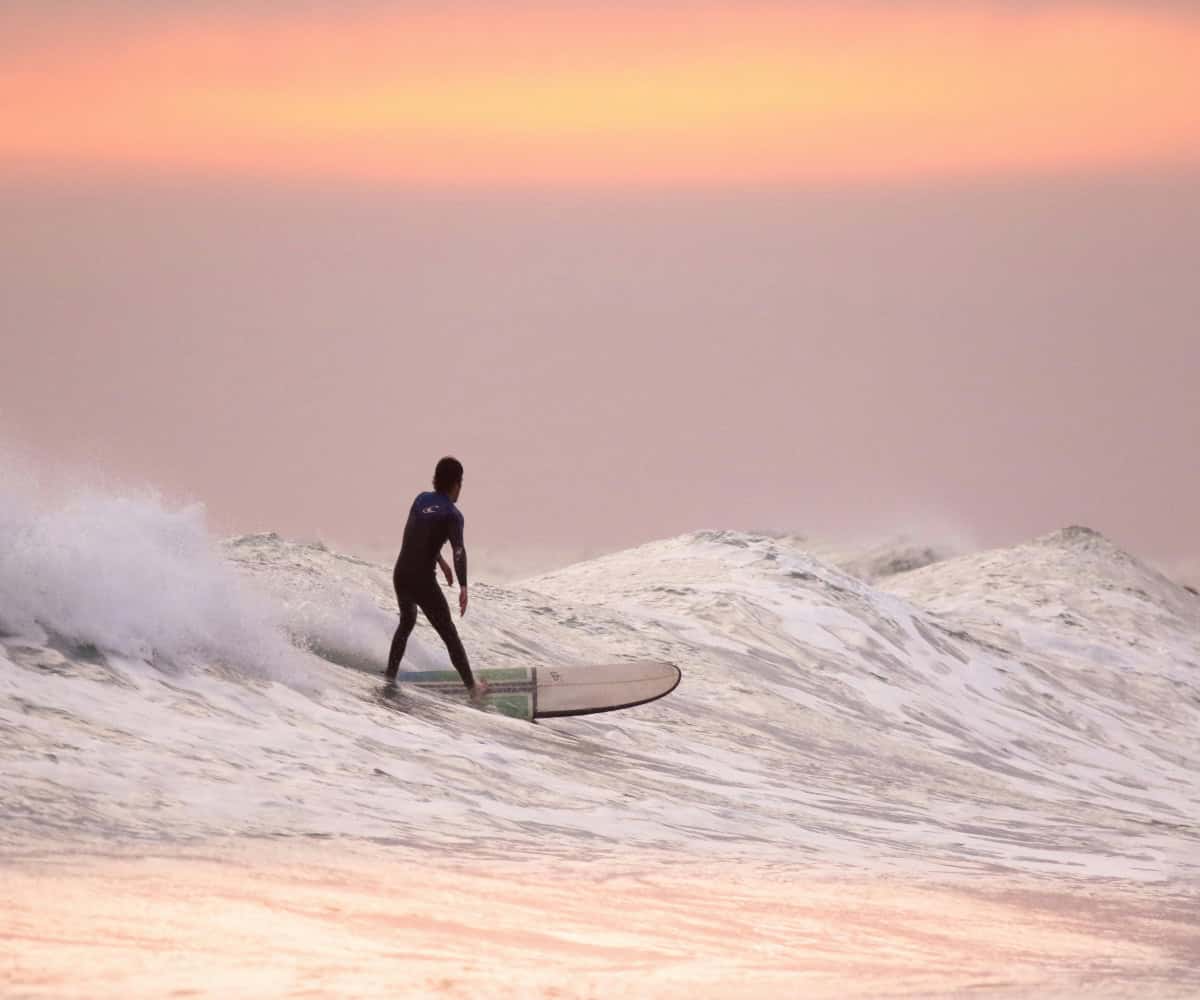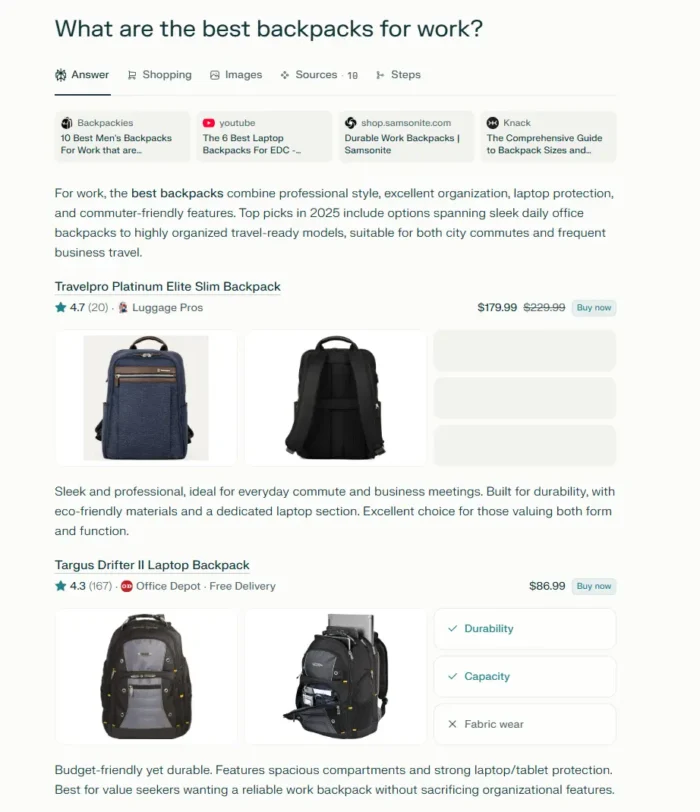Paris Hilton on the metaverse, NFTs, Web3 and more
Paris Hilton, ‘Queen of the Metaverse,’ sits down with Ad Age for a Q&A.

The metaverse is hot, but at this year’s Cannes Lions festival, Paris Hilton was even hotter. The self-declared “Queen of the Metaverse” was hosting mainstage panels with fellow NFT promoter Gary Vaynerchuk, snapping selfies with lines of fans, taking back-to-back meetings with brands, and getting generally nerdy about Web3 and what’s to come in the metaverse—while also finding time to DJ yacht parties until 3 a.m.
In a panel discussing all things metaverse aboard the iHeartMedia yacht, Hilton was joined by the CEO of iHeart’s Digital Audio Group, Conal Byrne, and others to discuss the future of virtual living, from the true utility of NFTs to finding community through digital spaces.
“I feel like Web2 kind of disconnected people, just from everyone always looking down at their phone and, like, texting each other, not even wanting to pick up the phone and call,” Hilton later told Ad Age in an interview. “But now with the metaverse, it’s like, you can actually feel like you’re in the room with them.” (See more from our conversation with Hilton below.)
The future of the internet, according to fellow panelist Eric Pulier, founder and CEO of Vatom, involves a shift to ownership, a push to let everyone share in a piece of the digital world. The tech-hybrid future he envisions would be optimized for interoperability not only between online platforms such as Roblox, Fortnite and Horizon Worlds, but also mix with the physical world as well.
“If I pick up a Coke [in Roblox],” he explained, “I should be able to take it to 7-Eleven and get a real Coke.”
Hilton, incidentally, is joining a new podcast project from iHeartMedia called “Prop Culture” out of the media company’s recently announced NFT-hosted network, the Non-Fun Squad And Non-Fun Podcast Network. The show, which iHeartMedia claims is the first hosted by NFTs, will feature voice actors, including Hilton, performing the back stories of NFT characters from top metaverse groups, including Bored Apes, Mutant Apes, CryptoPunks, Quirkies and more. The show, announced at the panel, is available to stream now from iHeartMedia.
Hilton was an early adopter of Web3, releasing a line of digital wearables in 2015 with Animoca and building an early version of her own metaverse platform Paris World, now hosted in Roblox, in 2016. She has since grown an entirely new fanbase from her work in the celebrity crypto market and tops the list of innovators in the space thanks to her unique perspective combining social marketing prowess and what she calls her undercover nerdom.
Hilton sat down with Ad Age to explain what it all means and where she thinks we’ll end up within our new metaverse lives.
This interview has been lightly edited for space and clarity.
You were an early adopter of crypto, Web3 and everything metaverse. From that time to now, what is the most exciting evolution in that space?
Oh, my God. What excites me so much is just how the technology makes you feel like you’re really there. Just the other day I was on my Oculus with my friends—one was in Ibiza, one was in London, we were all in this [virtual] room together—and it just, like, felt so real. And being able to have that connection, it’s more fun than being on Zoom, because you could be in this fantastical world and you can build your own worlds.
You know, before, I used to have to travel 250 days out of the year and I was touring and traveling—it was just a lot—and DJing all around the world, which is a big part of my business as well. But now that I’m married, and I want to have a family next year, I’m obviously not going to be able to be in Ibiza for four months in the summer and DJing at five in the morning, so I love how now with the metaverse, I’m able to do all of this. Even on my honeymoon, when I was DJing [virtually in Paris World] on New Year’s Eve there, I was literally laying in bed, like on the water in the Maldives, and I’m, like, literally, this is sick, like I don’t even have to fly anywhere, I could just be there, but people feel like they’re really there with me.
So that’s something that’s super exciting for me and really just everything we’re doing with my media company, 11:11 Media. NFTs, metaverse, Web3, that’s just a huge, huge push for us, especially just elevating creators, and especially elevating females and people who just want their dreams to come true. And that’s what I feel like what 11:11 is about—it’s like Make-A-Wish.
You’ve spoken about the importance of community and creators in the metaverse, but so many people are stuck on how they can make money trading on their NFTs. Can you speak on the financial returns versus artistic returns of all these new spaces?
Not everybody is able to get into Art Basel or major art galleries, but with NFTs and the blockchain, anybody really with the talent and WiFi has the chance to be seen. And I love how the term “starving artists” I think will be erased because of something like this—where people can actually own their creations. You can’t fake it, you can’t counterfeit it, because that’s all on the blockchain. It’s all transparent.
And then for people investing, I think it’s important to really look into—the market is just oversaturated, there’s so many projects and so many people trying to do PFP [profile picture] projects. So it’s important really to do your research and be with someone who really cares and is passionate and who’s going to have utilities added to this, something where it gives value to the holders of the NFTs and these tokens and these communities. The great thing about Web3 is just bringing people back together again. During the pandemic, that’s what people really needed, and I feel like it really accelerated all of this. I’ve just, like, met this whole new group of really creative, amazing artists and people—just nerds like me. I’m such an undercover nerd.
From a consumer standpoint, do you see the metaverse becoming easier for people to access and understand?
That’s when it’s really going to take off, because right now there’s just not the technology to make everything interoperable. So people are buying these outfits and getting their avatars ready, but they can only have it in Roblox and they can’t bring it to Decentraland or they can’t bring it to the Sandbox. So, people are really investing into these avatars and spending real money on Robux—you have to get some real bucks for the Robux—and just like building your digital identity, so I think once they get it down, where people can actually bring these things into other worlds and be able to sell the things that they make, there’s so much opportunity.
And once users are in, explain what awaits them—how inclusive are the communities you’ve mentioned?
I feel that Web3 is for everyone and that’s what it’s about—being inclusive and having diversity and just bringing everyone in. And this is how this community is—everyone wants to push this forward, they want to get the word out there, they want to bring this mainstream so people can understand it more. So, I feel like everyone’s welcome and everyone has an opportunity, like, literally to do something that could be life-changing.
And not everyone needs to have the Bored Ape. Like, I have my Bored Ape. I love it, it’s really dope. But then there’s also other projects that are not like millions of dollars, but you could still be a part of this community. And everyone uses it as their avatar on Twitter, but also they plan parties or they plan things on Discord. And I love how it’s kind of like you’re part of these virtual social groups, where all these people just really believe in this thing. Before Web3, I don’t know if that really existed—maybe like on chat forums or something—but this is like a whole new level of bringing people together as a community. So people shouldn’t be scared. They should just check it out and see and feel the vibes and I feel like they’ll find their tribe.
Some projects are uniting fans and artists and it’s pretty cool the way that audiences are being pulled into the creation process as well.
Yeah, I think those are the NFTs that are gonna succeed. I think in the beginning it was more about, like, the art—it still is the art. I think digital art is so much thicker than just like a normal painting because it moves and it’s 3D and has music. I have, like, screens all over my house. It looks like something out of “The Jetsons.” I’m obsessed. What was I saying? I get so ADD that my mind starts thinking about a million things at once.
We’re talking about audiences joining the creation process.
Yeah. And I love how people are literally building this. There’s, like, eight year olds who are coding and, like, building worlds.
We’ve seen a lot of NFT projects from brands—some that are hits and a lot that are misses. What is your advice for brands looking to get into the space and get it right?
Just doing it and in, like, an authentic, organic way—this is how this community is. They can tell when someone’s coming in—like, some celebrities that come in for these money grabs and just don’t care about the community, and it’s obvious what they’re doing. And if a brand is, like, too obvious about it, it just turns consumers off.
There’s a lot of excitement, but a lot still to figure out, like conversations around sustainability and market health. Where do you see us moving next and how do we get to the full, dream metaverse that we’ve been talking about?
I think we’re still so early. So I think that [it’s] just about getting ready for this, and you don’t want to be left behind. I always like to be first or like very, very early because that’s just how I am, and I just go for things in life that I have a feeling about. So I feel like it’s all about just really just going in there and seeing it for yourself and not being afraid of it. Some people have, like, this certain [mindset], just like in Web2 when that started—people really were like, “Oh, what is social media? What is this? What is that?” And it’s, like, revolutionized so many different verticals and areas of life and this is going to be the next iteration of that.
It’s coming no matter what. So it’s good for people to just, like, stay up with the times.

 AbJimroe
AbJimroe 
































